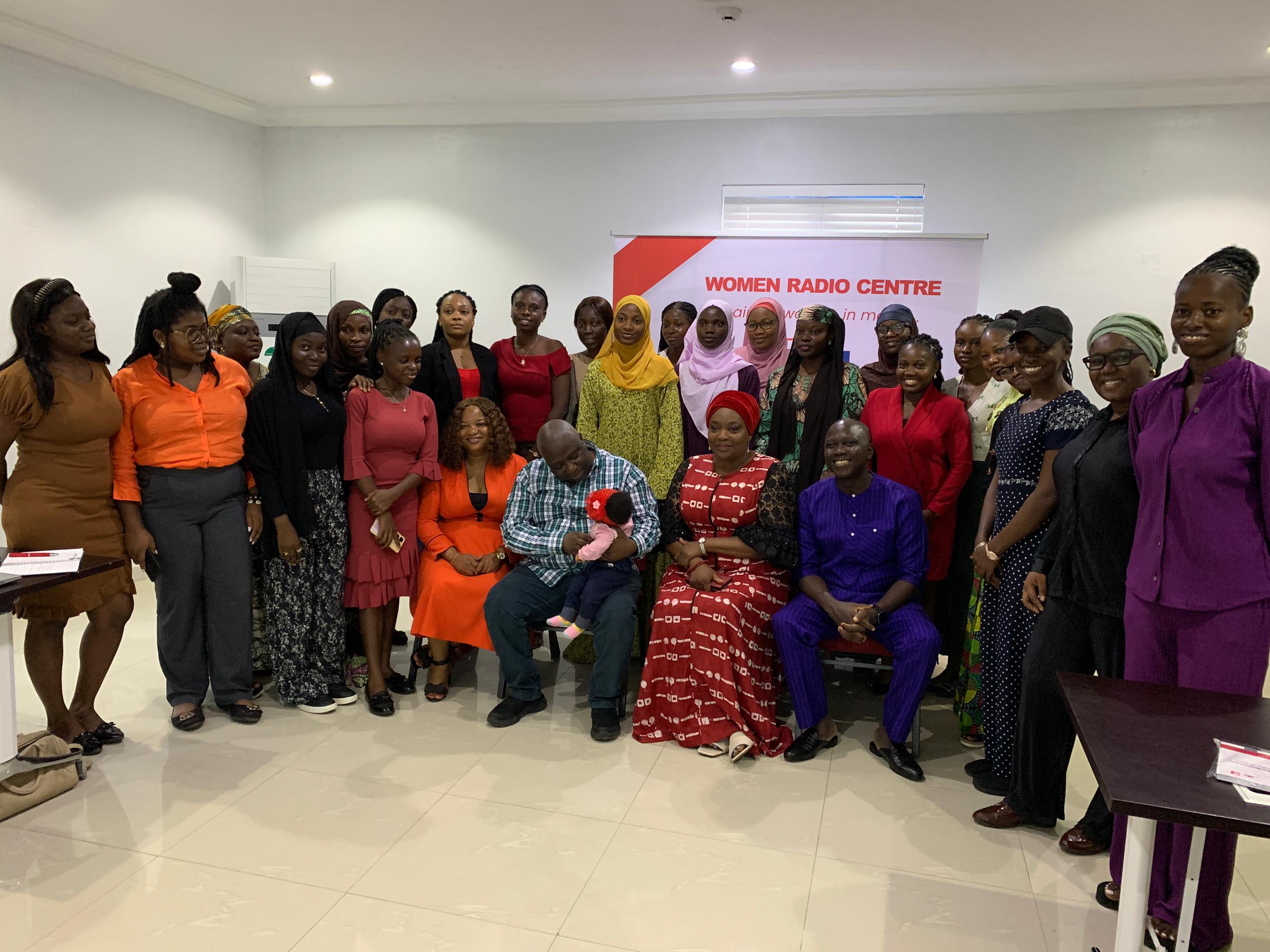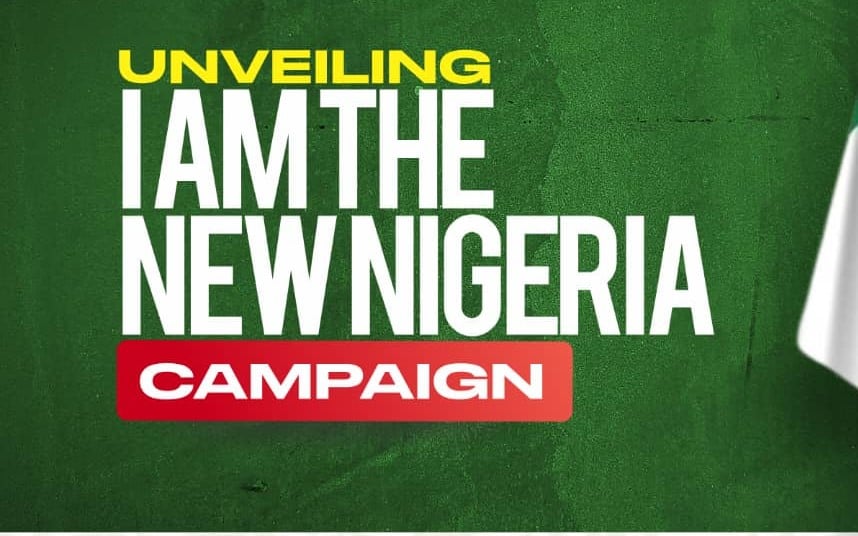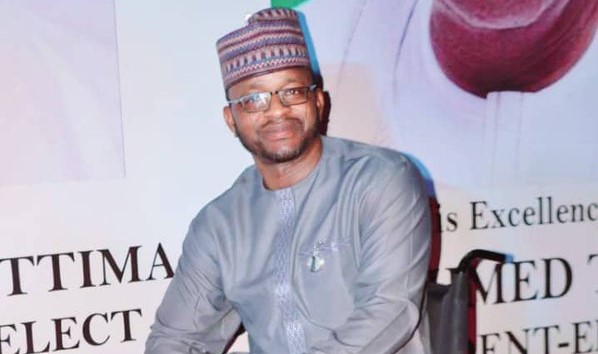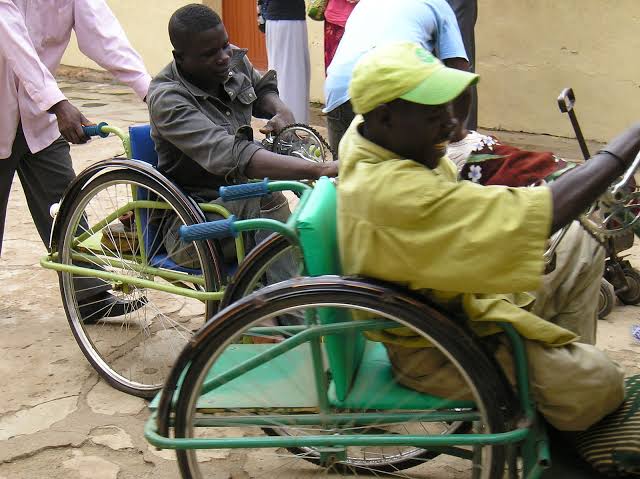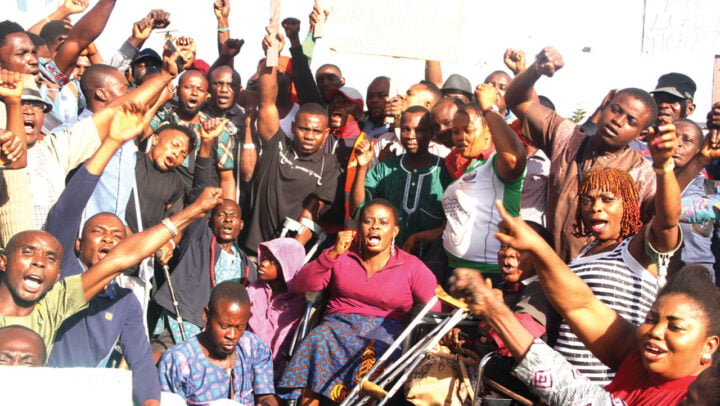The Women Radio Centre (WRC) has trained 20 journalists across the six geopolitical zones on investigative reporting.
The first Nigerian radio station for women commenced the training in 2020 with support from the MacArthur Foundation. It has so far trained 63 journalists.
The three-day intensive training which ran through May 13 to 15, aims to raise women journalists who are equipped to tell impactful, women-centred stories in the country.
Toun Sonaiya, chief executive officer (CEO) of the centre, expressed delight over the success of the training.
Advertisement
She said it was important to train women journalists to better tell the stories that affect their gender.
Sonaiya explained that of the 388 applicants, only 20 were selected, adding that the centre would have loved to see all applicants trained but could not due to financial constraints.
“It’s very important for women to tell the story of other women. If we do not empower and build the capacity of female journalists to do their work well, our stories will not be reported properly,” Sonaiya said.
Advertisement
“As of today, we have trained 63 journalists. That’s the capacity we have. Over the three-year period, we’ve had over 3,000 applicants. We would really love to keep training.
“There are so many unreported stories of women. And we found out that when we build the capacity of the female journalists in their communities across the six geopolitical zones in Nigeria, they will be able to tell the stories from their angles.”
Sonaiya noted that the facilitators were all carefully selected.
She urged the participants to make the centre proud by churning out compelling stories that would lead to policy changes in the country.
Advertisement
“We have also carefully selected the trainers. They are practising journalists, lecturers from Bayero University Kano (BUK)… to help them conduct proper investigative journalism,” she said.
“We think women in the profession need to be skilled to perform and compete with men. We are not saying men cannot tell our story, we are only saying that men can tell our story but a woman would tell it better.
“My charge for all of them is to look out for those stories that are not reported — whether positive or negative. There are a lot of stories of women doing impactful things in their communities. Look for them, tell their stories.
“Let them serve as inspiration so that we can find more women to do the things they are doing, and where there are issues, whether it is our leaders in the private or public sectors mismanaging funds or not doing what they are supposed to do, please hold them responsible.”
Advertisement
Dapo Olorunyomi, one of the facilitators and publisher of Premium Times, described the participants as a “unique class”.
He said due to the challenges and barriers faced by women, it was expedient that an institution like WRC was developed to focus on these problems.
Advertisement
He urged the participants to help the society understand the problems that confront women by telling compelling and impactful stories.
“Increasingly, the society is witnessing greater odds, barriers and hedges against the progress of women. The truth is that the portrayal of women and their issues are not getting better in the media,” he said.
Advertisement
“For that reason, there is a need to have an institution that will give attention to these kinds of problems. And it so happens that the Women Radio Centre is uniquely placed. And I know no other organisation of its type in the country that is available for this kind of mission. And again, you see that the challenge meets its full match in WFM.
“Help us resolve these huge problems of these women by making us understand it. Help free women. This class is a very unique class. Very smart people. I see their pitches too, and they have the best coaches as well.”
Advertisement
Add a comment
